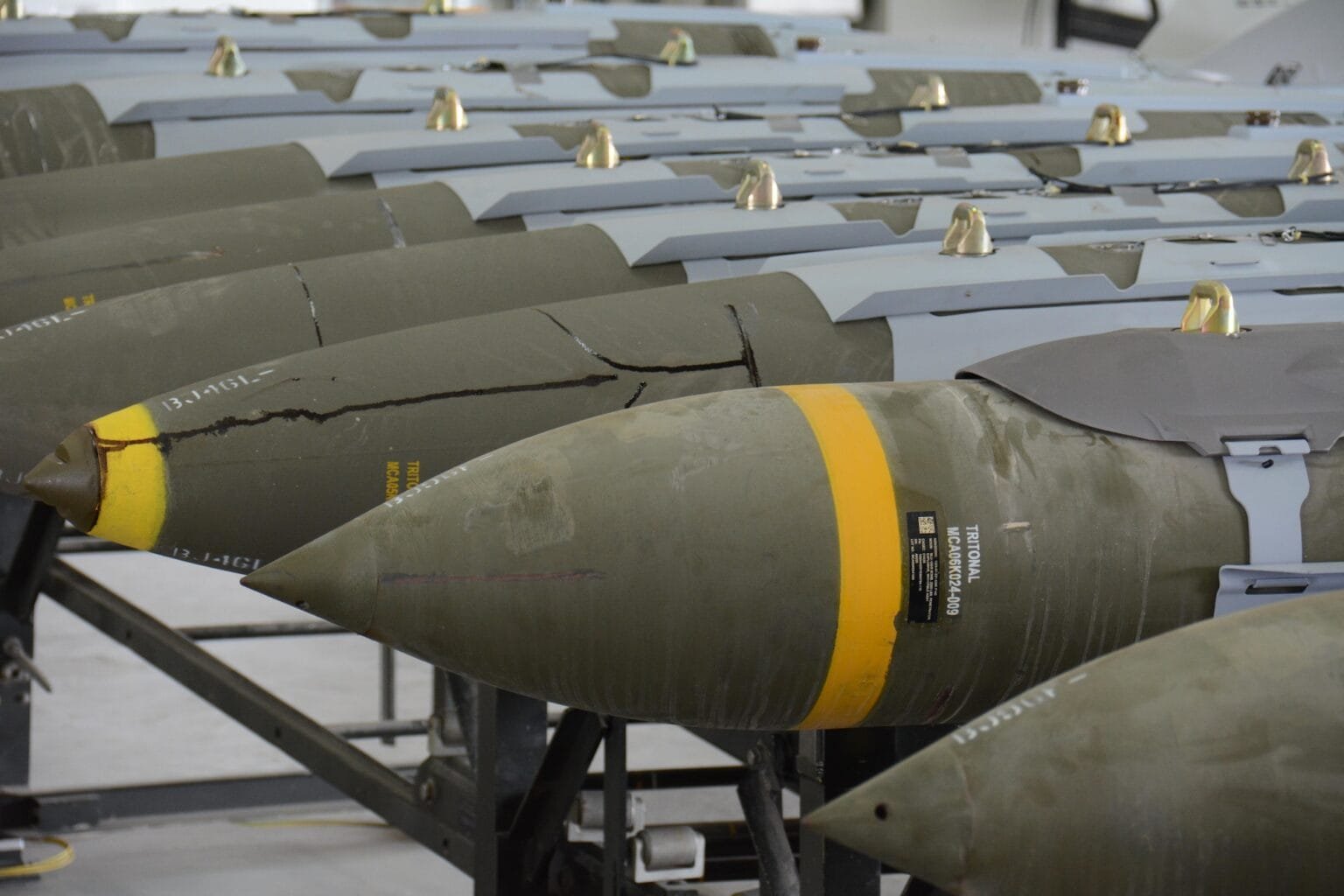The U.S. State Department has formally approved a potential $346 million foreign military sale to Nigeria, consisting primarily of advanced munitions, including precision bombs, rockets, and supporting equipment, marking a significant enhancement in U.S.–Nigeria defense cooperation. The Defense Security Cooperation Agency (DSCA) officially notified Congress on Wednesday, initiating the pre-contract process for the sale.
As outlined in the DSCA notice, Nigeria has requested the acquisition of 1,002 MK-82 general-purpose 500-lb bombs, supported by an equal number of MXU-650 air foil groups (AFGs) tailored for Paveway II GBU-12 precision guidance systems. Additionally, the package includes 515 MXU-1006 AFGs for the smaller GBU-58 (250-lb variant), 1,517 MAU-169/MAU-209 computer control groups, 1,002 FMU-152 programmable fuzes, and 5,000 APKWS II all-up-rounds, each blending a WGU-59/B guidance section, a high-explosive warhead, and an MK66-4 rocket motor. A suite of non-major defense equipment, such as FMU-139 fuzes, bomb components, impulse cartridges, practice rockets, as well as comprehensive technical, engineering, and logistics support are also bundled.
The State Department underscored that the proposed sale aligns with U.S. foreign policy and national security goals by bolstering the operational capacity of a strategic Sub-Saharan partner. The munitions are intended to enhance Nigeria’s effectiveness in counterterrorism operations and disrupt illicit trafficking within Nigeria and across the Gulf of Guinea. Officials emphasized the deal would not upset the regional military balance and that the Nigerian military would be able to integrate the systems seamlessly. Leading contractors named in the package include Lockheed Martin, RTX Missiles & Defense, and BAE Systems, with no offset agreements stated at this stage.
This move comes amid escalating insecurity across Nigeria: entrenched insurgency in the northeast by Boko Haram and ISWAP; unrest and farmer–herder clashes in the Middle Belt; separatist tensions in the southeast; militancy and oil theft in the Niger Delta; and growing urban crime. The approval indicates U.S. intent to reinforce Nigeria’s ability to manage these multifaceted threats.
However, the sale comes in the shadow of past human rights concerns. In 2022, a nearly $1 billion deal for 12 AH-1Z attack helicopters advanced only after lawmakers’ reservations were addressed, with $25 million earmarked for human rights training and procedural oversight. Critics at the time raised alarm over the Nigerian military’s record of civilian harm during counterterrorism operations, concerns that continue to underscore the urgency of accountability and responsible use of new weaponry.





